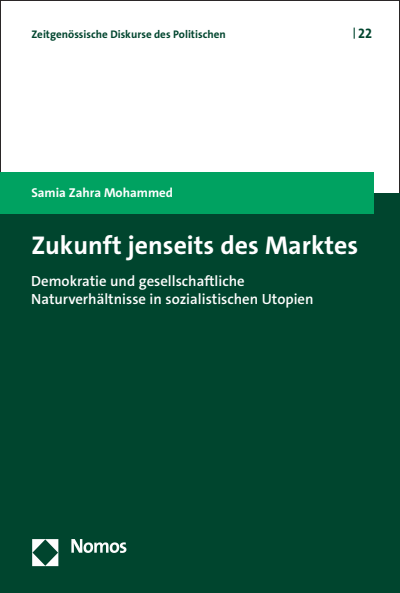
The almost constantly recurring crises of the democratic order and relations between humans and nature in our age of the Capitalocene are currently reviving debates on economic models beyond the capitalist market economy. Focusing on democratically planned economies, this volume discusses the ideas of democracy, division of labour, freedom and societal relations towards nature that these proposals for alternative economies entail, and the extent to which they point beyond what exists as possible emancipatory perspectives.
Volume 22 in the Series Zeitgenössische Diskurse des Politischen
print
ISBN: 978-3-7560-0350-1
eBook
ISBN: 978-3-7489-3840-8